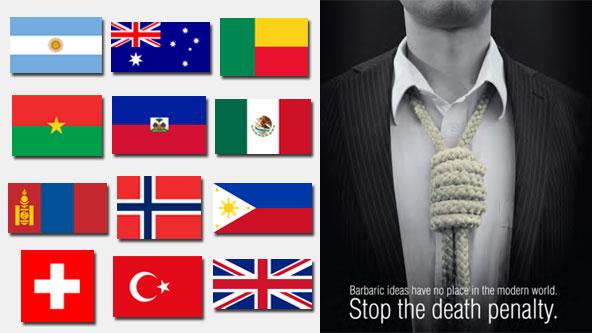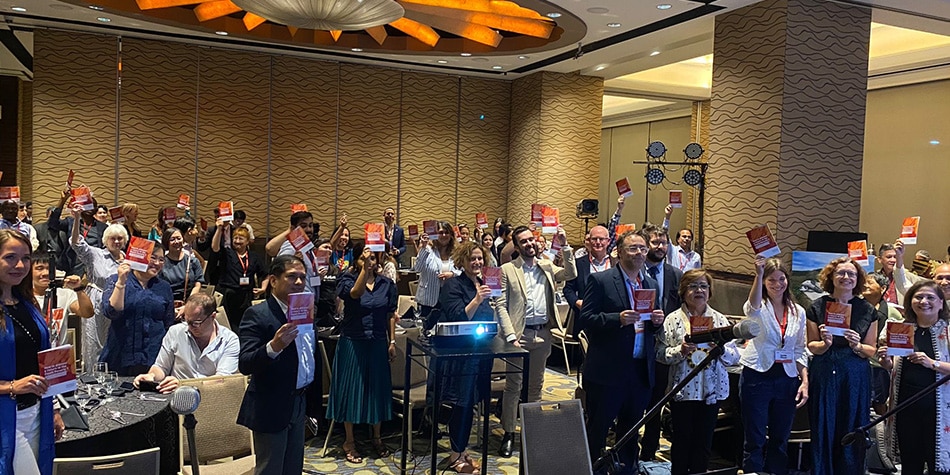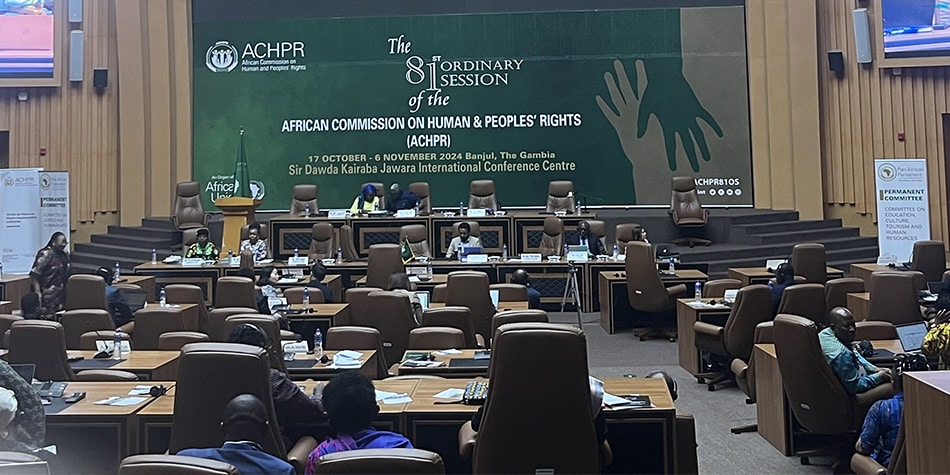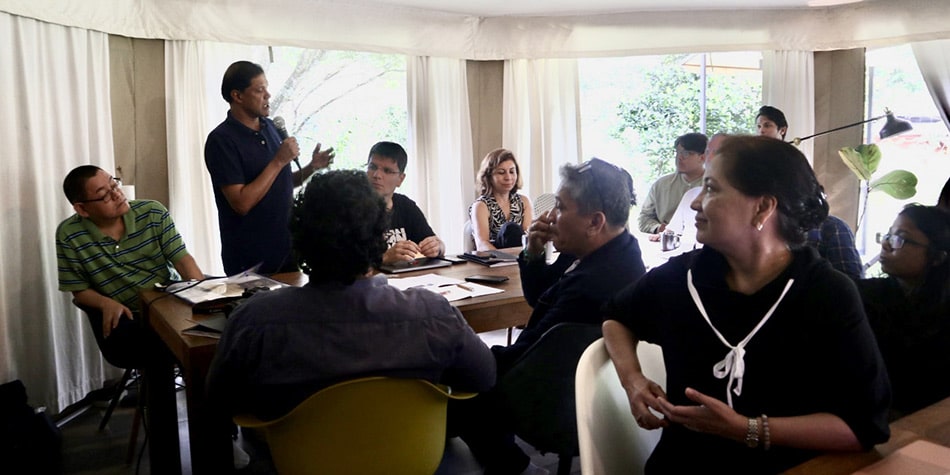
Dialogue should make death penalty “a sentence of the past” – foreign ministers
World Day
The international declaration released on the 12th World Day Against the Death Penalty is an open invitation to all governments, but also to the public at large, to engage in serious investigations and frank discussions on the death penalty. It emphasizes the need for proper information on the risks and shortcomings of the death penalty, including on the irrational fears and hopes often involved in retaining it.
The declaration aims to dispel the popular myths that the death penalty acts as a deterrent to crime, that it brings victims of crime relief and that a justice system can be free from error. It is believed that once properly discussed, only one conclusion will be made: there are no arguments in favour of the death penalty – only myths, risks and failures (and in some places, very high costs).
The signatories to the declaration are foreign ministers who come from all regions of the world and represent populations with different religions, of varying socio-economic status and culture, demonstrating that abolition is not related to any particular region, but truly universal.
Joint Declaration of October 10, 2014
As we mark the 12th World Day against the Death Penalty, we jointly call for a world which respects human dignity. The death penalty, one of the most complex and divisive issues of our time, continues to question the fundamental values of our societies and to challenge our understanding of criminal justice.
We respect the views of those who still support the use of the death penalty, and we believe that everyone has a right to be protected from violent crime. However, we consider that state executions should not be taking place in the 21st century. Modern justice systems must aspire to more than retribution.
The main objections to the death penalty are well known. Despite popular belief, there is no evidence supporting the claim that executions deter or prevent crime. No justice system can ever be guaranteed free from error, meaning that death sentences may cause the innocent to be put to death. Often, capital sentences are disproportionately imposed on poor, vulnerable and marginalised persons, aggravating discrimination against the weakest in society. Finally, the capital sentence provides victims of crime and their families neither with commensurate compensation nor with spiritual relief. On the contrary, state killing results in more hatred and violence – the exact opposite of what modern justice systems should be trying to achieve.
This joint call, which we address to the world at large, is the first ever launched by Foreign Ministers of both abolitionist and non-abolitionist States. We recognize that exchange and cooperation are needed to move together towards more effective and more humane justice systems. Together, our countries have the experience and the drive to turn the death penalty into a sentence of the past. A vast majority of countries already supports worldwide death penalty abolition; we hope that all countries will soon join this trend.
Signed by the following Foreign Ministers (countries):
Héctor Marcos Timerman (Argentina), Julie Bishop (Australia), Nassirou Bako Arifari (Benin), Djibrill Yipènè Bassolé (Burkina Faso), Duly Brutus (Haiti), José Antonio Meade Kuribreña (Mexico), Luvsanvandan Bold (Mongolia), Børge Brende (Norway), Albert F. del Rosario (Philippines), Didier Burkhalter (Switzerland), Mevlüt Çavusoglu (Turkey), Philip Hammond (United Kingdom)
Illustration: Tomislav Maricic







